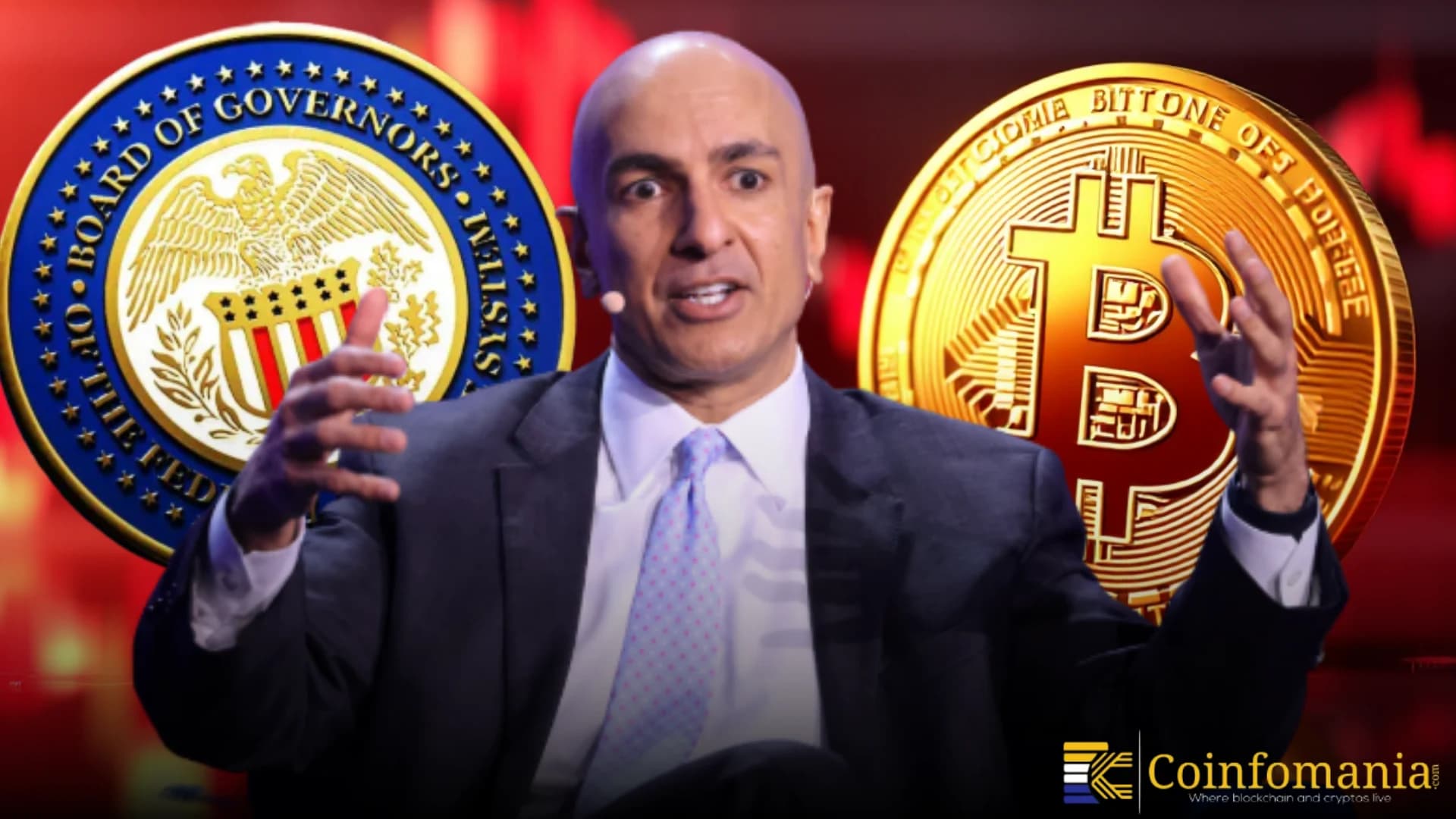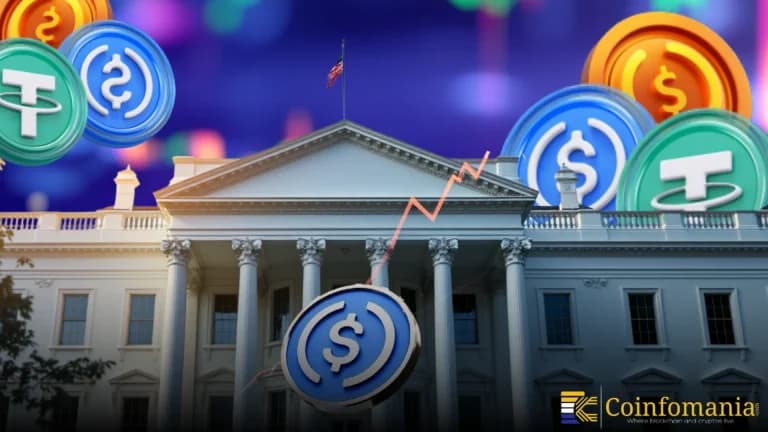Japanese City Apply Blockchain Technology to A Voting System
Tsukuba use blockchain technology to organize a voting session. The Japanese city joins Sierra Leone as the first to apply blockchain to a voting system.

A Japanese city, Tsukuba, is the latest to implement the Blockchain technology. In what is regarded as a first attempt, they have used the blockchain system for a voting process.
Tsukuba, situated in Ibaraki Prefecture Japan is the location of Tsukuba Science City, a science park built in the 1960s. The city’s link to science and tech makes the attempt to implement the blockchain in a voting system a little surprise.
By conducting the trial, Tsukuba has become the first Japanese city to use blockchain for voting systems. It has also followed in the footsteps of the Sierra Leonean government who were the first to implement blockchain in an electoral process in March 2018.
According to the reports from Japan times, a “My Number” system (popular in Japan) was also used in the electoral process. The system was introduced to help merge administrative processes among government agencies for things like taxation and social security. It is the combination of blockchain technology and the “My Number” system that produced a ‘voting system with integrity’.
Considering the level of scientific and social activity in the city, the voting system was used to select social projects from the available proposals to be implemented.
To vote, the voters only had to place their “My Number” card on the card reader. Doing this prompted the options to be voted for to appear on the computer screens, thus allowing the voters to decide. Even, though little concerns were raised as a result of voters forgetting their passwords, the process was almost glitch-free.
“I had thought it would involve more complicated procedures, but I found that it’s minimal and easy,” stated the Mayor of the city Tatsuo Igarashi, feeling excited about the success of the process.
Blockchain For Voting Systems Will Have To Improve Before Global Adoption
Despite the positive news, a massive use of blockchain for voting systems is not expected to happen immediately. The whole process is expected to improve continuously over the years before different world governments begin buying into the idea.
A Professor at the Tohoku University, Prof. Kazunori Kawamura also thinks the same. Sharing his thought on the idea of blockchain for elections, he said,
“Due to fears of errors, administrative organizations and election boards are likely to find it difficult to introduce these (systems).”
The U.S. state of West Virginia is expected to be next in line to implement the technology in electoral systems. It was reported that the state would implement the blockchain in their voting system statewide as mobile voting applications are being rolled out to the state’s 55 counties.
Follow us on Google News
Get the latest crypto insights and updates.


